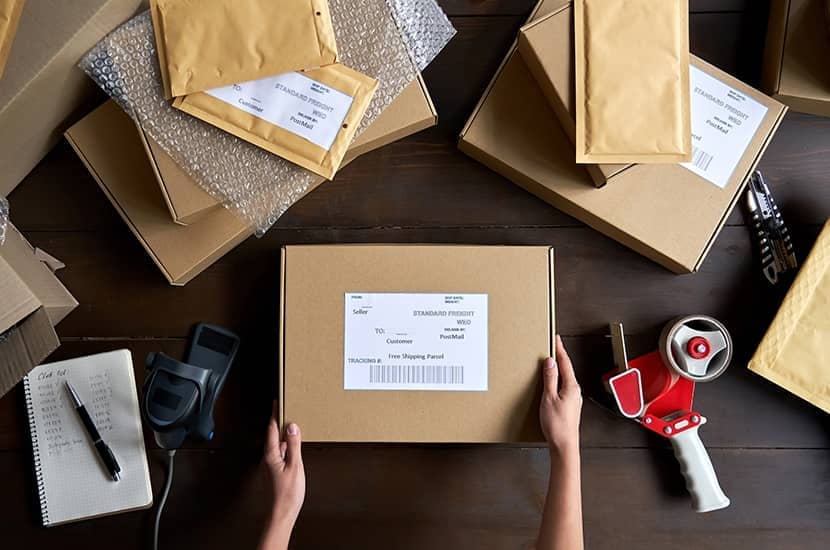Here’s a useful tip. Go to the Royal Mail website and you can ask your postman to collect letters or parcels from your home at a cost of 60p per item. You pay for postage online, print a label and book a collection for the following day. Granted, it’s an extravagant way to merely avoid a walk to the postbox, but for special delivery items or parcels it’s a godsend. If you don’t have a printer at home, you can even get your postie to bring a label.
Given that Royal Mail was founded in 1516, I’m not quite sure why it took 500 years to come up with this particular wheeze, but better late than never. In the US, where they have mailboxes rather than slots in the door, postmen have always collected mail. That’s why many American mailboxes have a little flag on them – you raise it to signal when you have post to be collected.
So there’s nothing new about this idea. But it is really useful. Why is no one writing about it? Do simple, useful ideas receive too little attention? In the same way, why is everyone talking about the metaverse when video-conferencing – an established technology – is surely much more economically significant? Frankly I’m not entirely convinced conversations with my colleagues will be much improved by my appearing as a weird 3D avatar with strangely unconvincing facial movements.
Had we not awarded Royal Mail an initial monopoly, would any postal service have become big enough to work?
Do we overvalue novelty? Particularly when experience teaches that most network or ‘platform’ technologies tend to be quite old before they really become useful. This comes down to mathematics. A property of many network businesses is that they can only work once they reach a certain scale. This was true of the universal postal rate introduced by Sir Rowland Hill in 1840, which lost money for many years before attracting enough volume of mail to make it pay. It took a mathematician – the great Charles Babbage, no less – to show how, with enough letters consolidated on trunk routes, distance adds very little to the cost per letter.
Such network businesses are often described as ‘natural monopolies’. That’s debatable. But are there ideas which in their early years are ‘necessary monopolies’? Had we not awarded Royal Mail an initial monopoly for the penny post, competition between postal services might have meant none became big enough to work.
What other valuable businesses could be created if government returned to doing what it did for hundreds of years: licensing a monopoly to a single provider for an initial period? This was how almost all utilities started, after all. The National Lottery is a more recent example.
I could suggest three off the bat:
1) A nationwide network of open-access parcel lockers for ecommerce. It is simply unsustainable – and creates too much traffic – for online purchases to be delivered to 22 million homes, when perhaps 15,000 locker locations could serve the population perfectly well. It’s absurd that ordering five things requires five vans to call at your house.
2) A central system for paying for online content by making small one-off payments for single articles or films – to break the current daft dichotomy where you can either subscribe to, say, the FT for £35 a month or not read it at all.
3) A nationwide platform for short jobs, as Wingham Rowan has long proposed, acting as a clearing house for people’s spare time. A place where both businesses and members of the public could hire people for just a few hours at a stretch.
Such ideas could be hugely valuable for consumers and businesses, but only if a temporary monopoly is allowed the time to scale them in the first place. Competition is a fine thing. But not when it prevents a category from existing at all.







Comments